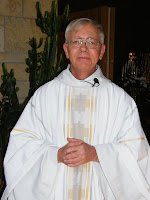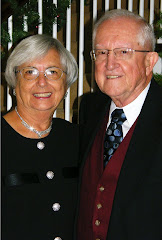 Thanks, thanks be to you, Eternal Father! I am imperfect and full of darkness, but you, perfection and light, have shown me to perfection and the way of your Son. I was dead, and you brought me to life.
Thanks, thanks be to you, Eternal Father! I am imperfect and full of darkness, but you, perfection and light, have shown me to perfection and the way of your Son. I was dead, and you brought me to life.
(St. Catherine of Siena)
In doing a little Internet research I found a few more quotes from St. Catherine worth passing along to you! Enjoy.
"O Eternal God, receive the sacrifice of my life in this Mystical Body of Holy Church. I have naught to give save what Thou hast given me."
-----Prayer of St. Catherine
"It is not the hour to seek one's self for one's self, nor to flee pains in order to possess consolations; nay, it is the hour to lose one's self."
-----Letters of St. Catherine
"I turn me and lean against the most Holy Cross of Christ Crucified, and there I will fasten me."
-----Letters of St. Catherine
"What hast Thou taught me, O Love Uncreated? Thou hast taught me that I should bear patiently like a lamb, not only harsh words, but even blows harsh and hard, and injury and loss."
-----Letters of St. Catherine
"To the servant of God ... every place is the right place, and every time is the right time.
-----Letters of St. Catherine
"I shall give thee such speech and wisdom that no one shall be able to resist. I shall bring thee before Pontiffs and the rulers of the Church."
-----Words of Our Lord to St. Catherine
"I have no other desire in this life save to see the honor of God, your peace, and the reformation of Holy Church, and to see the life of grace in every creature that hath reason in itself."
-----Letters of St. Catherine of Siena




















